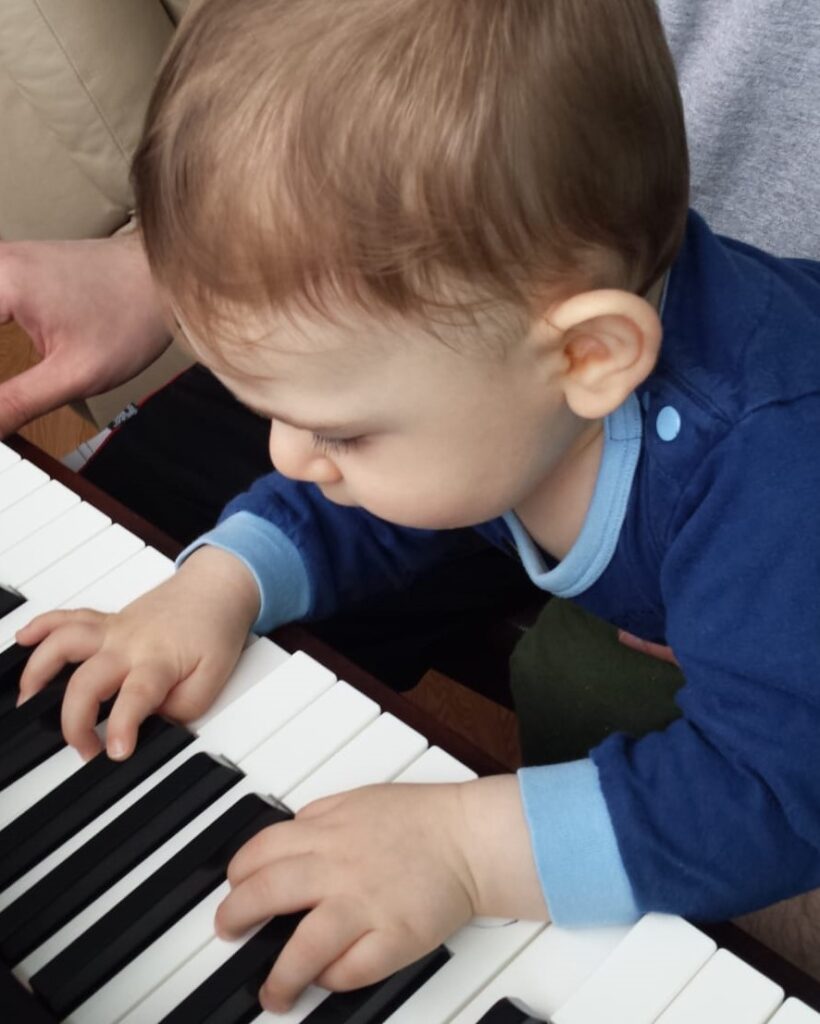Playing music requires the use of both hemispheres
It is often mentioned that learning music is especially good for children as it promotes brain development. And it is true; – to play sheet music with correct rhythm you have to understand fractions to an extent – and use the left hemisphere. If you create music you are using the creative side of the brain – the right hemisphere. To really drive the point home, you also use both hemispheres while playing most instruments simply because you need to use both sides of your body to make quick, fluid and coordinated movements to produce music. But something many have wondered is, – what are the long-term benefits – if any – of playing a musical instrument? Here I will discuss some results from two separate studies that show that music lessons contribute to a higher IQ, even compared with some other extra-curricular activities such as arts and sports.
Association Between Music Lessons and IQ Scores
Both studies – one long-term and one short-term (by E. Glenn Schellenberg, University of Toronto, 2006), found that taking music lessons in childhood had a positive association with brain development.
The short-term study showed a positive association between childhood music lessons and general and broad measures of intelligence, higher IQs, and higher grades. Variables such as family income, parents’ education, or involvement in non-musical, out-of-school activities were accounted for in the studies (and compared in the case of organized non-musical out-of-school activities).
Non-musical out-of-school activities were not associated with increased intelligence or with academic performance. Months of non-musical activities were calculated separately for sports, arts, and other activities. One of the more interesting findings is that sports also had a small but significant correlation with the FSIQ (Full Scale Intelligence Quotient), but this association was not as significant compared with music lessons when, family income, parents’ education, and age were held constant. The long-term study showed a similar outcome: “Taking music lessons in childhood was a significant predictor of IQ in young adulthood and of academic ability in high school. Specifically, playing music regularly had a small but significant associations with FSIQ, IQ-PC, Perceptual Organization, Working Memory, and high school average, and these associations remained significant after holding constant individual differences in family income, parents’ education, and gender.” [Summary of Long-Term Association Between Music Lessons and IQ by E. Glenn Schellenberg UofT]
Should you have specific questions regarding the statistical methods and details, you can read the article in-depth HERE.

